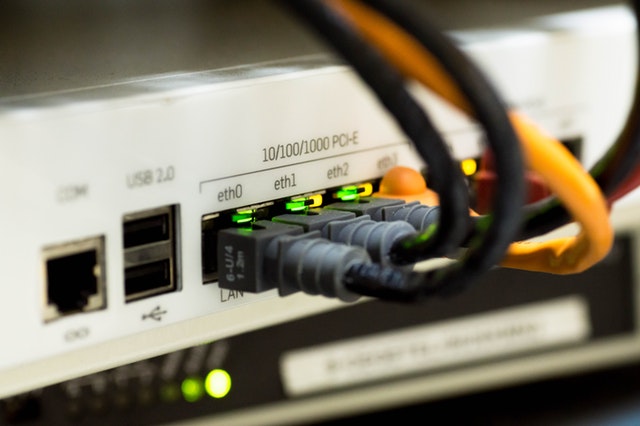The main reason many people use VPN, especially in countries with strict internet laws, is actually not for the sake of privacy or added security in their connection, but for the sake of bypassing their government restrictions. They use VPN because they want to access websites or third-party content that they can’t normally access using the regular internet connection. That’s why they are using the private connection to bypass such government restrictions or censorship, so that they can access any website that they want.
A big number of people also use VPN to stream videos that are region-restricted. It means that the videos are only available for certain countries, and it cannot be viewed or streamed using the regular connection from the countries that are not allowed to see it. With the popular use of VPN like this, many people demand the best connection speed of their private network, since it is very important for their comfort in streaming such content. If your VPN connection is not too fast to stream your content, here are some tips to improve your VPN speed and eliminate buffer in your streaming process:
1. Try To Change The Server That You Use
Most of VPN connection speed problems come from the server that you are using. Usually, if the server is overloaded with too many users that use the server at the same time, it can easily cause performance problems, including slow speed, failing to open certain websites, and so on. So, the first step that you should do is to change the server that you use. Let’s say that you are now using the US server. Try to change the server to Canada server, Germany server, or any other server locations. It is also a good idea to change to the server nearest to your location. It will provide you with a considerable speed boost that you need.
2. Opt For A Wired Network Connection

The problem with the wireless network connection is that it usually depends on the strength of the signal. Depending on your location, the signal strength of your WiFi connection will be affected by various things, such as the weather condition, wireless interference, distance from the nearest tower, and so on. This is why it is better for you to use an internet connection that uses a wired network connection, such as the fiber optic connection. With the wired connection, you get a more stable connection, and as a result, you can prevent a slowdown in your VPN connection. The less interference in your network connection, the more stable your private network speed will be.
3. Use A VPN Service That Doesn’t Reduce Your Connection Speed
There are many VPN services that don’t give you full performance, and you have to be aware of using those services. Some VPN services will throttle your connection speed if you reach certain limits, or if you are using too much bandwidth. This is why it is important for you to use the VPN service that doesn’t limit your bandwidth usage, as well as give you the full connection speed all the time. Usually, these VPN services will advertise these features on their official page to let the users know that they are providing full speed for their private network. If your current VPN service provider keeps on giving you slow speed, then probably it is a better idea for you to move on to another service.
4. Restart Your Router Or WiFi Network
Sometimes, your slow VPN speed can easily be fixed by restarting your router or WiFi network. This is especially true if you haven’t restarted your device for a long time. It is a good idea to restart your router or internet network from time to time to ensure the stability of your connection. Your router or WiFi network will try to refresh the connection that they receive once you restart the device, providing you with a better signal reception, and a better internet performance. After you do this, you should also restart your VPN software for the best result.
5. Make Sure That Your Antivirus Software Is Not In Conflict With Your VPN
As a security software, your antivirus has its own method of protecting your device from various online threats. The VPN software, while having the similar goal to protect the security and privacy of your device, is sometimes in conflict with the antivirus software. This conflict will usually affect the VPN connection performance in your device. Try using the VPN connection in another device where there is no antivirus software, and see if it has a better speed. If so, then it is a good idea to turn off your antivirus software temporarily while using your VPN software.
Those are some tips to improve your VPN connection speed and eliminate buffer in your streaming process. By following these tips, you can reduce the buffering process in your content or media streaming using VPN, which will in turn improve your experience in using the service.
